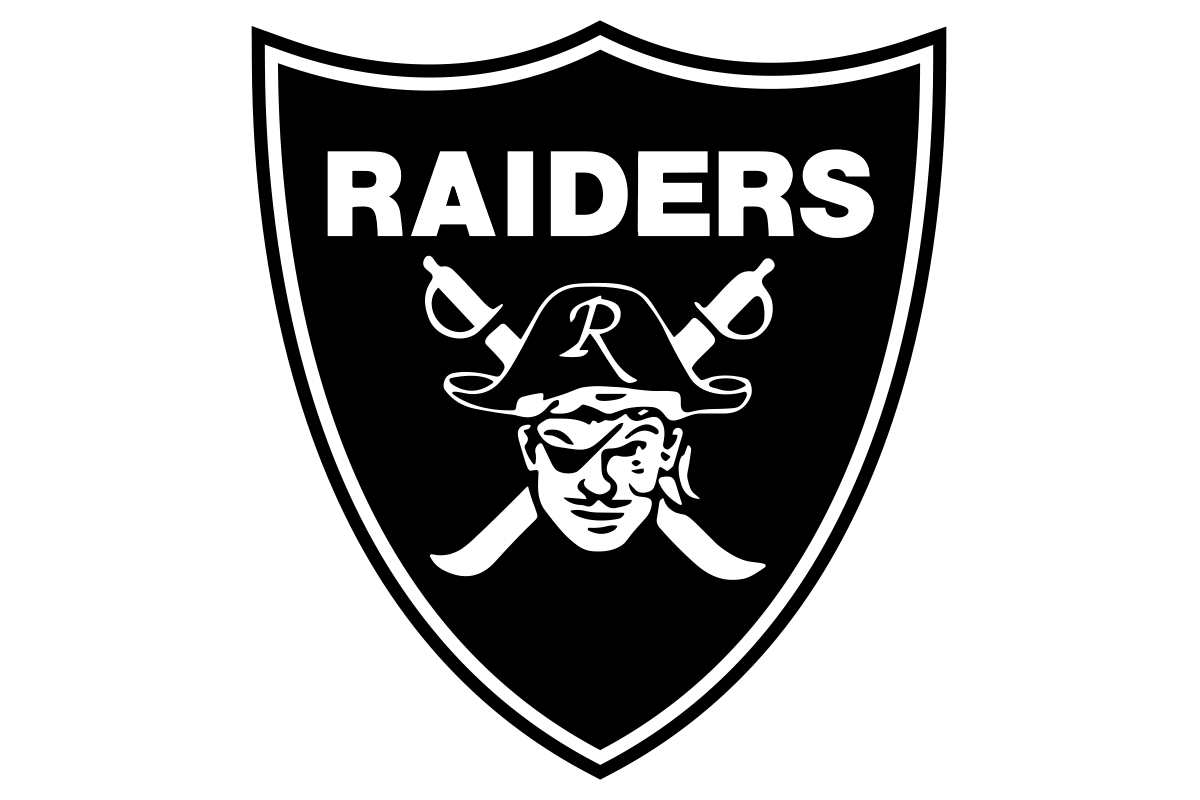Parodies: a mockery or compliment
As books hit the market, some get more and more popular while others do not. These hits become movies and the subject of conversations. A book is considered absolutely famous when a parody appears in bookstores. Parodies like Nightlight, and The Hunger Pains majorly modify current popular hits. Imitations are not only popular in literature, but in the music and video industry as well. YouTube is full of people who find it easier to act out a story that everybody already knows, and add a twist to make it humorous.
While these renditions can be viewed as a simple method of entertainment, they can also be offensive to the original creators.
Spoofs often alter characters’ names and personalities. Nightlight introduces Bella Swan as “Bella Goose” and Edward Cullen as “Edwart Mullet.” The Hunger Pains has main characters “Kantkiss Neverclean” and “Pita Malarky.” The original names that Stephanie Meyer and Suzanne Collins thought of are mocked for the benefit of the audience.
Some parodies, like the many renditions on Rebecca Black’s Friday, are widely renowned. They alter the original words to change the meaning of the song. This can be considered rude or abusive to music artists who just want to be appreciated for their efforts.
A parody is much simpler to create and get good results than an original idea. Many find them to be harmless. However, the original author should have the right to decide whether or not a parody is written about their story. Anybody planning to write a spoof should contact the author of the initial creation and get their consent.
Overall, a parody can be a fun source of entertainment. It should be up to the author to decide if an imitation can be published, or if it is considered offensive.








